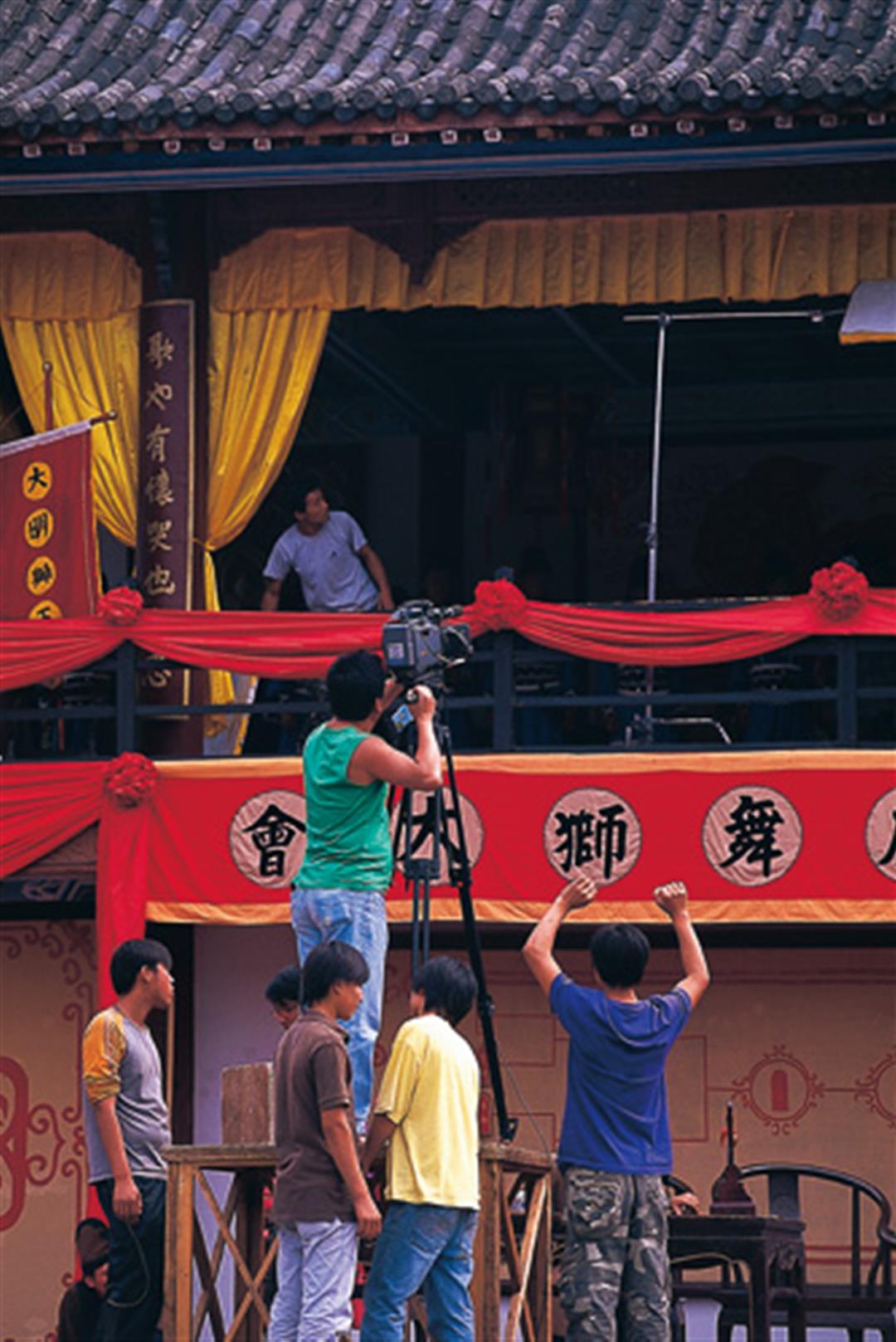The allure of co-production
At an October 2009 conference on Chinese-language film production sponsored by Taiwan's Government Information Office, Hong Kong producer Ng See-yuen and director Peter Chan shared their thoughts on co-production with Taiwanese film industry personnel.
"Hong Kong film has always had one fatal flaw-our population is under 7 million," said Ng. "Even if half of us were to go to the movies, it wouldn't be enough to support the industry. We desperately need foreign markets." Ng said that even while the industry was booming 20 years ago, he recognized that it would have to develop the China market to survive.
Ng, who is an investor in seven movie theater complexes in China, also described recent changes in the Chinese film market. "They haven't been an H-bomb, but they been the bomb," said Ng. Going to the movies is a social thing for people under 30, and businesses sometimes rent out a whole theater to let their employees blow off steam.
Peter Chan caught the eye of Steven Spielberg and came to Hollywood in 1998 to direct The Love Letter. He returned to Asia in 2000. Looking at the trends in Chinese film, Chan recognized that period pieces and fantasies weren't his thing and that contemporary topics were still taboo. He therefore began making films for the 300-million-strong combined market of Japan, Korea, Thailand, Taiwan, and Hong Kong. Chan traveled from nation to nation, persuading film companies to invest in Asia's young directors but in the end lost mountains of money. With only horror outings such as The Eye and Three filling seats, he made numerous sequels.
"Horror movies come in just a few flavors," said Chan. "No one's come up with new stories." When a film company later wanted to do a musical, he finally went to China to shoot. In 2003, Chan won a Taiwanese Golden Horse award for Best Director for Perhaps Love. He went on to direct The Warlords, and is now producing Bodyguards and Assassins, which is slated for release at the end of this year.
While Taiwan and Hong Kong audiences are split along lines of age, socio-economic status, and taste, and are difficult to market movies to, the mainland audience is relatively undifferentiated and views movies simply as entertainment for the masses.
Chan said that when eight stars show up for a premiere in Hong Kong, the media coverage focuses only on gossip such as who is holding whose hand. Forget about the plot. As often as not, the Hong Kong media fails to mention even the title of the film. As a consequence, marketing a movie in Hong Kong is an exercise in futility. The mainland, on the other hand, sees movies as a cultural mechanism for catalyzing societal progress. Its media therefore often goes into depth in its reviews, spending as many as five or six pages on production-related topics. In Chan's view, you have to take advantage of the fact that the mainland media has such high expectations of film.

China, Taiwan, and Hong Kong have been co-producing television programs and films for years, most of them period pieces. The photo shows a production team from Taiwan and Hong Kong shooting a period TV drama at China's largest TV and film production center-Zhejiang Province's Hengdian Studios.